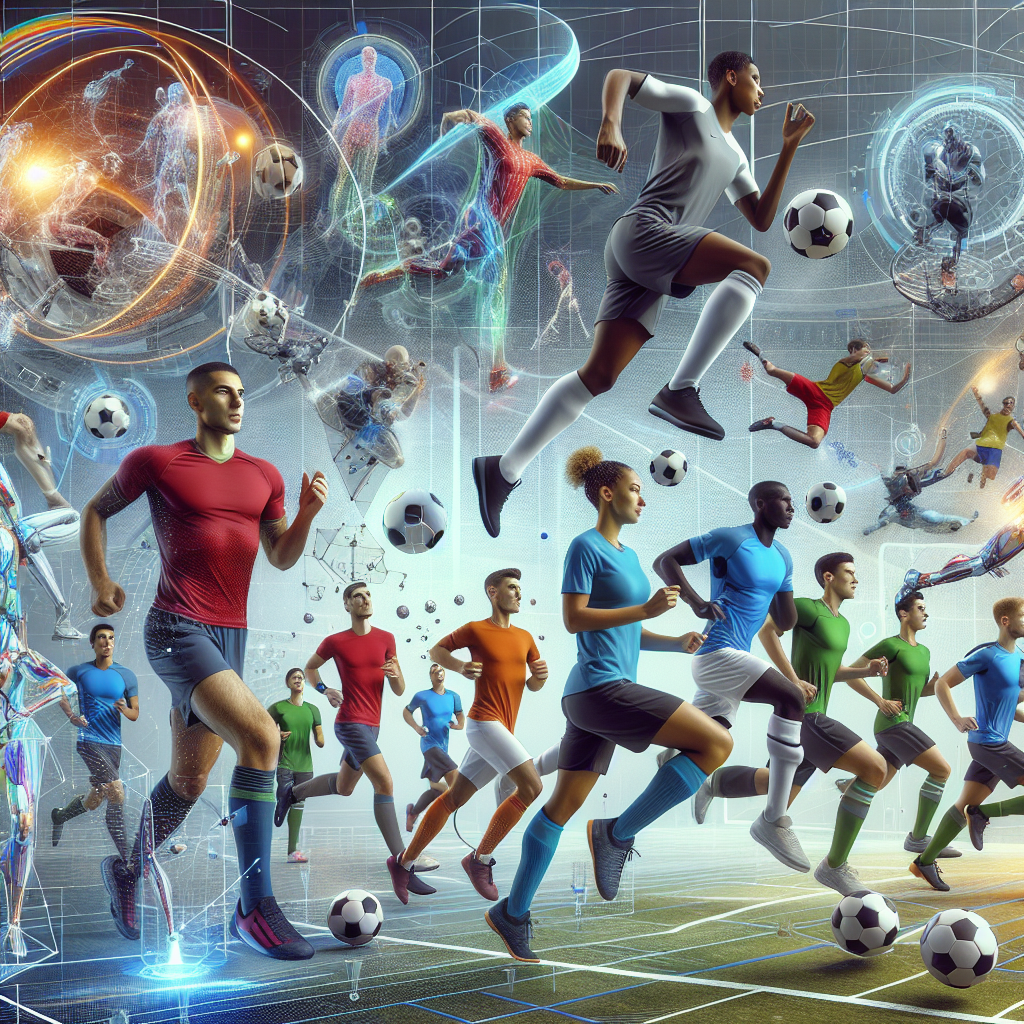Artificial Intelligence (AI) has become a game-changer in various industries, and sports is no exception. From improving athlete performance to enhancing fan engagement, AI tools are being used in new and innovative ways to revolutionize the world of sports.
One of the key areas where AI is making a significant impact in sports is in athlete performance analysis. AI-powered tools can analyze vast amounts of data to provide coaches and athletes with insights that can help them improve their performance. For example, wearable sensors can track an athlete’s movements and provide real-time feedback on their performance, helping them make adjustments to their technique or training regimen.
In addition, AI algorithms can be used to analyze video footage of games and practices to identify patterns and trends that may not be apparent to the naked eye. This can help coaches develop more effective game strategies and tactics, as well as identify areas where individual players can improve.
Another area where AI is being used in sports is in injury prevention and rehabilitation. By analyzing data on an athlete’s movements and biomechanics, AI tools can help identify potential injury risks and provide personalized training programs to reduce the likelihood of injury. Additionally, AI can be used to monitor an athlete’s progress during rehabilitation and adjust their treatment plan as needed to ensure a speedy and successful recovery.
AI is also being used to enhance fan engagement in sports. For example, AI-powered chatbots can provide fans with real-time updates on games, scores, and player statistics, as well as answer their questions and provide personalized recommendations for upcoming events. Additionally, AI can be used to analyze social media data to identify trends and preferences among fans, allowing sports organizations to tailor their marketing efforts to better engage their audience.
Despite the many benefits of using AI tools in sports, there are also some challenges and concerns that need to be addressed. For example, there are concerns about the potential for AI to replace human coaches and scouts, as well as fears about the privacy and security of the data collected by AI tools. Additionally, there are questions about the potential bias and fairness of AI algorithms, as well as concerns about the impact of AI on the integrity of sports competitions.
Overall, the use of AI tools in sports has the potential to revolutionize the industry in a variety of ways, from improving athlete performance to enhancing fan engagement. As AI technology continues to advance, it will be interesting to see how it is further integrated into the world of sports and what new opportunities and challenges it will bring.
FAQs:
Q: How are AI tools being used in athlete performance analysis?
A: AI tools can analyze data from wearable sensors and video footage to provide insights on an athlete’s performance, helping coaches and athletes make improvements.
Q: What are some examples of AI tools being used in injury prevention and rehabilitation?
A: AI tools can analyze an athlete’s movements and biomechanics to identify injury risks and provide personalized training programs for prevention, as well as monitor an athlete’s progress during rehabilitation.
Q: How is AI being used to enhance fan engagement in sports?
A: AI-powered chatbots can provide fans with real-time updates on games and scores, as well as analyze social media data to tailor marketing efforts to engage fans.
Q: What are some concerns about the use of AI tools in sports?
A: Concerns include the potential for AI to replace human coaches and scouts, as well as worries about privacy, bias, and fairness in AI algorithms.

